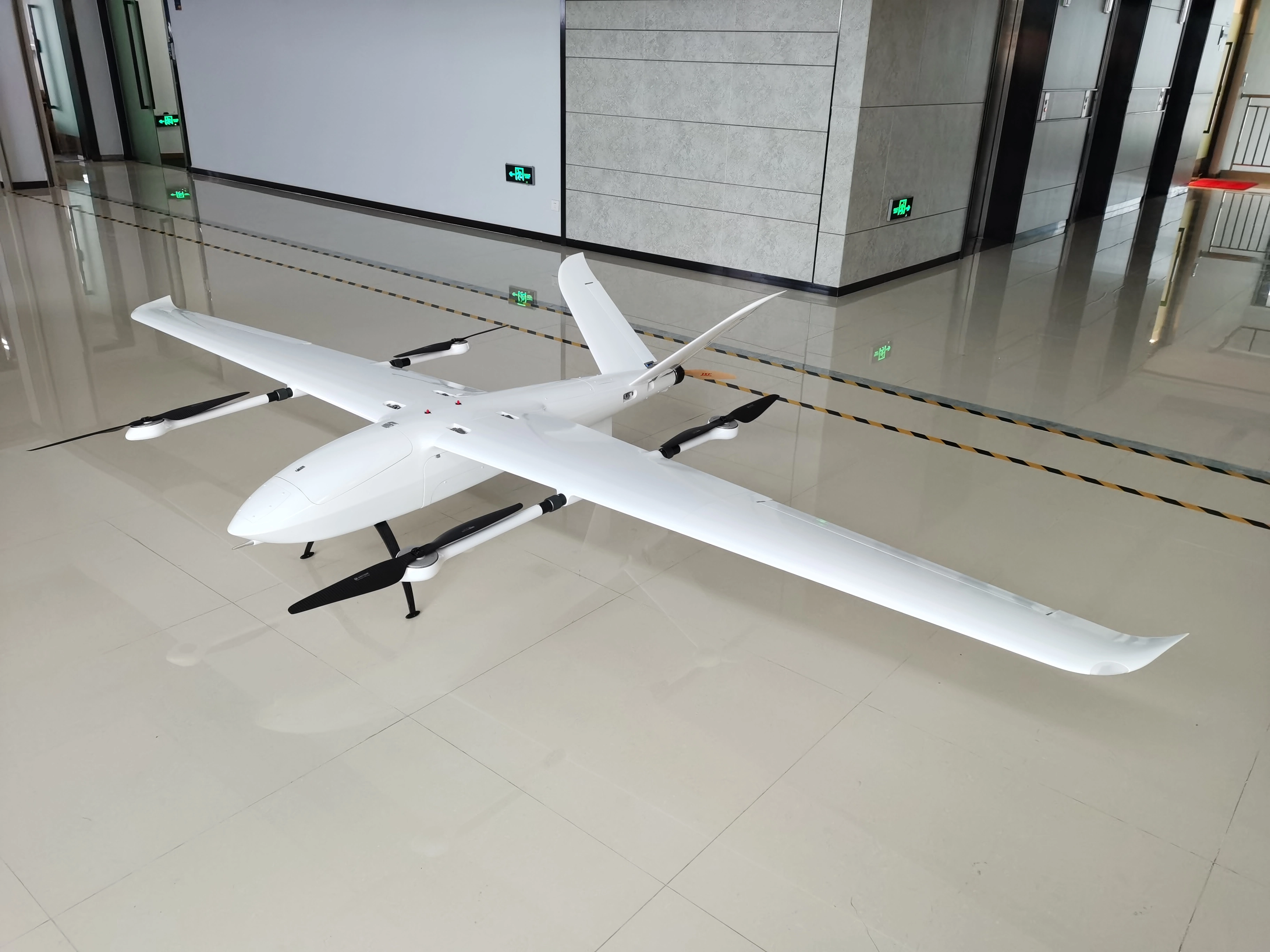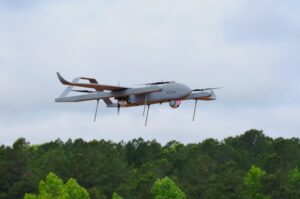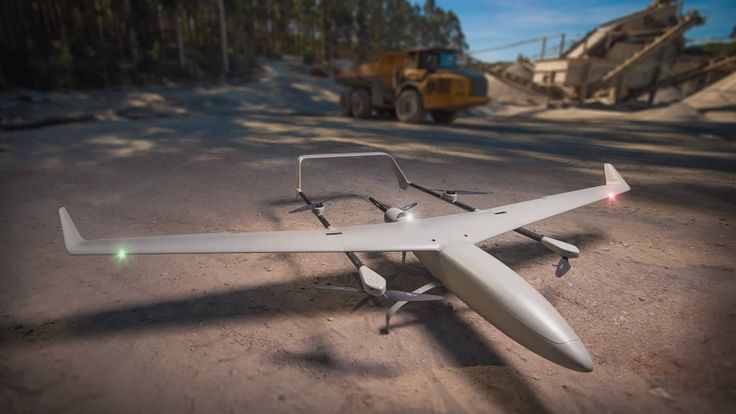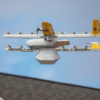
The Future of Long-Range, Sustainable UAVs
Drones are also referred to as Unmanned Aerial Vehicles (UAV) and have made their presence known in various industries; from delivery services to cadastre mapping and search and rescue missions. However, one prevalent limitation continues holding them back from reaching their full capabilities; battery life.

This is where hydrogen powered drones come into play, providing an attractive alternative which has several advantages in comparison with the conventional battery-powered models. These are the reasons why drone technology will reach new limits through hydrogen:
1. Extended Flight Time: Hydrogen fuel cells boast a much higher energy density compared to batteries. This implies that it could be used for flights of considerably longer duration that can last three times or even more than those using batteries. The increased range opens up possibilities for long distance deliveries, large scale environmental monitoring as well as prolonged search and rescue activities in remote areas.
2. Faster Refueling: Unlike traditional charging methods for batteries that take too long, refilling a hydrogen tank can be done within minutes hence reducing any downtime and maximizing operational efficiency of the UAVs involved in such activities.. This is essential when time is of essence making it possible for immediate response by the drones.
3. Eco-Friendly: Unlike Battery Powered drones, hydrogen fuel cells do not emit any emissions instead; they only release water vapor as a byproduct. This reflects the increasing call for sustainable solutions in various fields, thus making them attractive to environmentally aware businesses and organizations.
4. Increased Payload Capacity: Hydrogen fuel density is higher which led to increase payload capacity of Hydrogen Powered Drones.

5. Evolving Technology: However, hydrogen drone technology is still very young but progressing rapidly. As research and development activities are going on, we can expect improvement in efficiency, cost-effectiveness as well as infrastructure supporting hydrogen refueling which will further hasten the uptake of this promising technology.
Conclusion
However, stemming from their potential benefits including being eco-friendly, efficient and having long-range that could change how we apply UAVs in different industries; some barriers must be resolved before hydrogen drone adoption can become a reality such as developing efficient and cost-effective hydrogen storage options or even refueling systems. The maturation process of this technology will see an increase in the number of hydrogen drones used today.




Leave a Reply